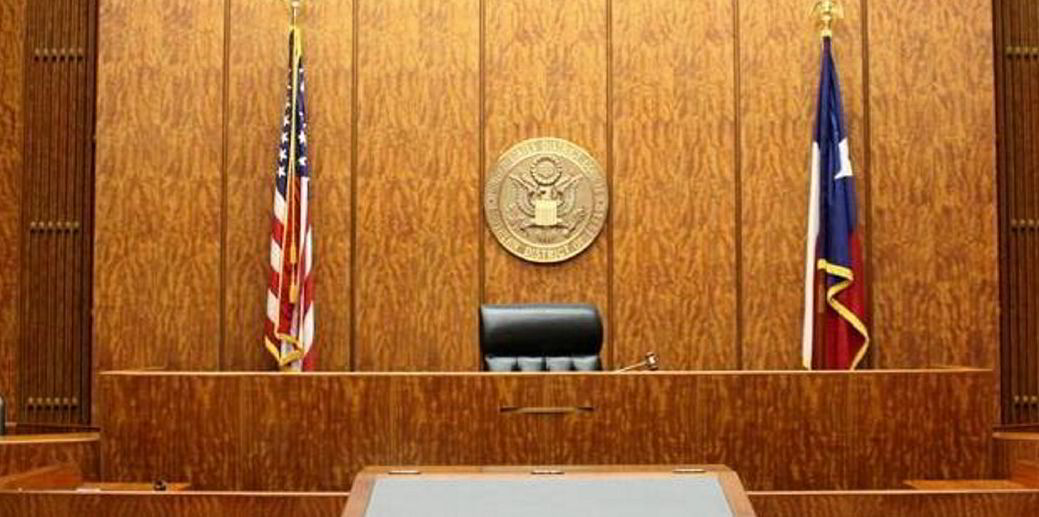A US judge has issued a default judgment against two companies controlled by Connecticut shipping figure Alf Aanonsen for $14.2m in a charter dispute.
The decision by district judge Lee Rosenthal came more than four months after TradeWinds reported that refiner Grey Rock Gathering & Marketing sued Aanonsen-controlled operator Trinity Tankers and shipowner Trinity Enterprise. The judgment roughly triples the $4.84m in damages that the charterer originally sought from the two entities.
But the Phelps Dunbar lawyers for Houston-based Grey Rock sought a default judgment after both companies failed to respond to court summons and offered no defence in the case, records show.
The attorneys also asked for nearly $9.35m in so-called treble economic damages, as well as legal fees, interest and other costs.
TradeWinds reported in May that Grey Rock, a Houston-based refiner, alleged that Trinity Enterprise failed to provide vessels it agreed to provide under a contract of affreightment (COA).
Under the deal signed by the two companies, Trinity Enterprise was to provide five to eight tankers with a minimum of 60,000 tonnes of cargo capacity each to carry fuel oil cargoes from Texas to Europe starting in December.
Contacted by TradeWinds after the judge decided the case, Aanonsen declined to comment for this story, saying that he was unaware of the judgment against him.
After the litigation first emerged, he told TradeWinds that he was planning a lawsuit of his own over Grey Rock’s failure to accept a Trinity Enterprise-nominated tanker it had confirmed, and he said his Trinity Tankers had nothing to do with the deal.
The docket for the Houston Division of the US District Court of the Southern District of Texas shows neither company mounted a defence in the case.
As they sought default judgment on Grey Rock’s claim, they also alleged that the Texas Deceptive Trade Practices Act entitled them to treble damages.
“Trinity Enterprise knew it could not perform pursuant to the terms of the COA and/or knew that it would sustain losses if it performed pursuant to the COA,” Phelps Dunbar lawyer Michael Orlando wrote on 5 September.
“Despite this knowledge, Trinity Enterprise continually misrepresented to Grey Rock that it could perform, stringing Grey Rock along in an attempt to limit its own financial risk.”





